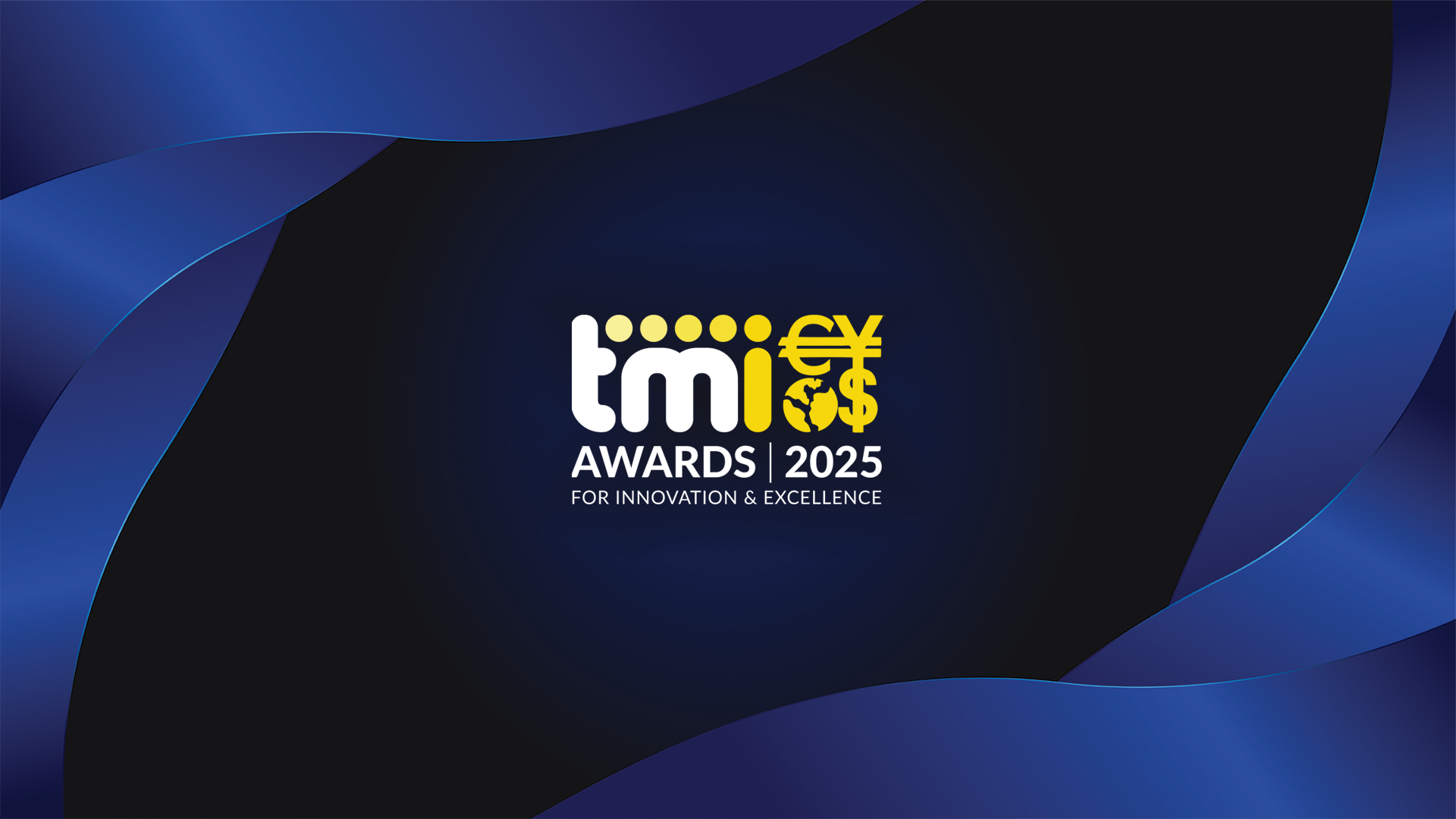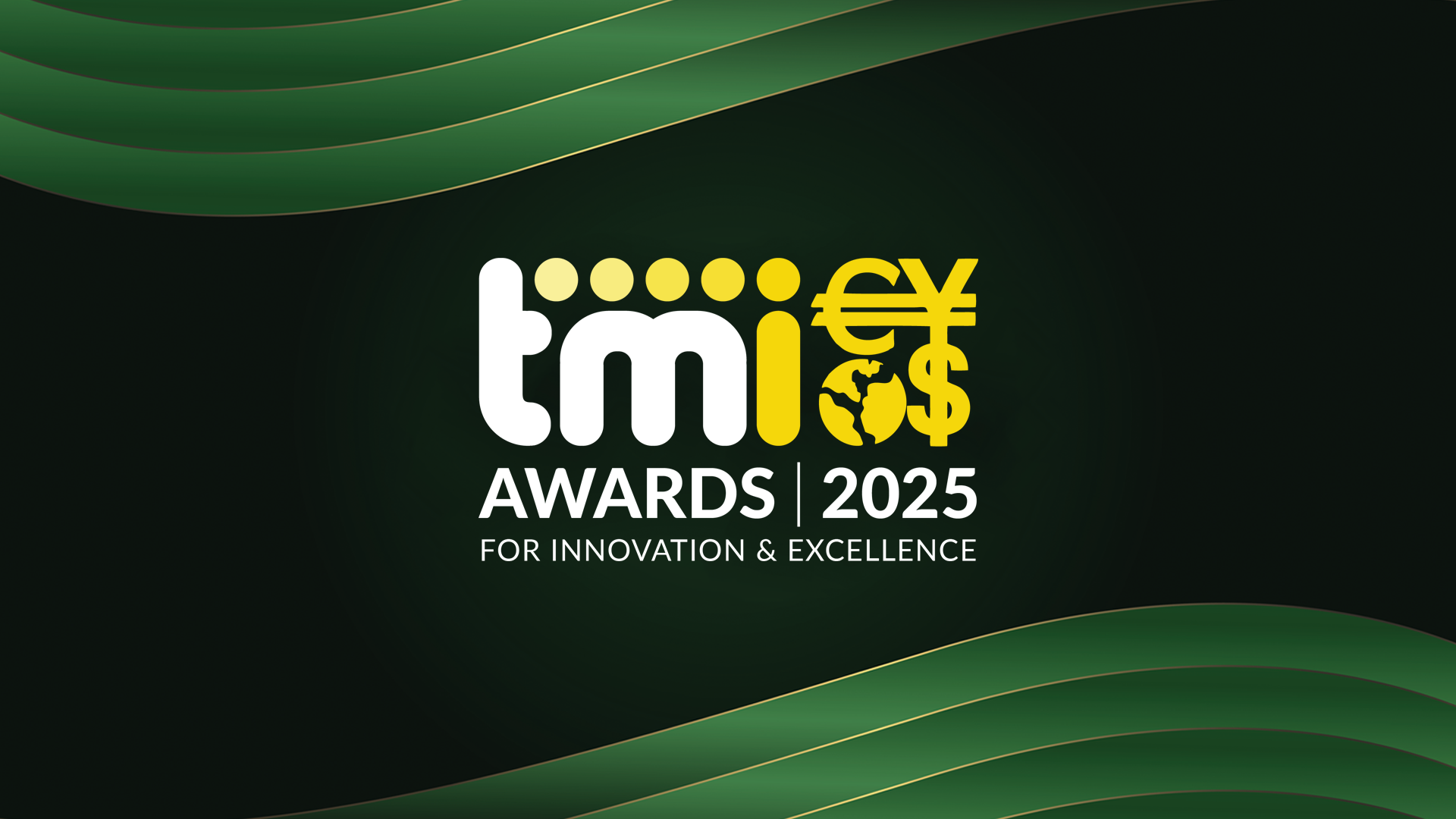
Chapter 2: Treasury4Good Award Winners

Powering Portugal: How Chint is Leading the Charge in Renewable Energy
TREASURY4GOOD AWARDS
Best Sustainable Finance Project - SILVER
Chint
A leading Chinese cleantech company, Chint, has secured a €420m bank guarantee facility to support the development of 5.5GW of new solar capacity in Portugal. This financing structure bridges Chinese and European banking markets, reinforcing confidence in renewable energy investment.
Chint is making significant strides in Europe’s renewable energy sector with a major solar project in Portugal. To realise its vision, Chint required a complex and large-scale bank guarantee (BG) solution to meet the stringent requirements of local grid operators. Standard Chartered stepped in as the sole mandated lead arranger and structuring bank, crafting an innovative syndicated BG facility to support Chint’s expansion.
But securing a €420m committed syndicated BG facility involved navigating a series of financial, regulatory, and operational complexities. The size of the guarantees needed was substantial, and the long-term nature of the project – spanning nine years – added another layer of intricacy. In addition, regulatory differences between China and Europe required careful alignment, as did tax frameworks and the operational requirements of a diverse group of banks.
For example, Portugal’s grid operators required that guarantees come from investment-grade European banks, with strict, non-negotiable templates governed by Portuguese law. Meanwhile, the syndicate included banks ranging from Chinese state-owned institutions to European commercial banks, each with different risk appetites and ways of operating. Bridging these financial, legal, and cultural differences was a major challenge.
Investing in a greener future
To address these hurdles, Standard Chartered developed a dual-level structure that connected Chinese and European banking partners. Through this syndicated BG facility, Chinese banks issued counter-guarantees to European fronting banks, ensuring the guarantees met local requirements while tapping into market appetite in both regions. The bank also played a key role in structuring the documentation, ensuring regulatory compliance, and co-ordinating between the different banking entities.
This approach not only provided Chint with the financial backing required but also created a scalable model for future solar projects. The facility enables Chint to continue its expansion in Europe while supporting Portugal’s National Energy and Climate Plan, which includes ambitious targets for reducing greenhouse gas (GHG) emissions and increasing renewable energy capacity.
Delivering lasting impact
The success of this financing arrangement means Chint can develop 5.5GW of new solar capacity in Portugal, a vital contribution to the country’s energy transition. Moreover, this project aligns with Portugal’s climate objectives, including a significant reduction in GHG emissions by 2030. Beyond the immediate benefits for Chint, the transaction demonstrates increasing confidence among investors in the potential for collaboration between Chinese and European financial institutions (FIs) in the renewable energy sector.
Elsewhere, this transaction reflects Chint’s leadership in the cleantech sector and its commitment to expanding renewable energy solutions beyond China. As the company continues to grow its presence in Europe, this initiative serves as a model for future sustainable finance projects.
Recognising this solution as the Best Sustainable Finance Project – Silver at the 2025 Treasury4Good Awards highlights the importance of innovative financial support in accelerating the transition to renewable energy. And Chint’s work in Portugal exemplifies how effective collaboration between FIs and clean energy companies can deliver real-world impact in the drive towards a more sustainable future.
This article was last updated on 23 April 2025
